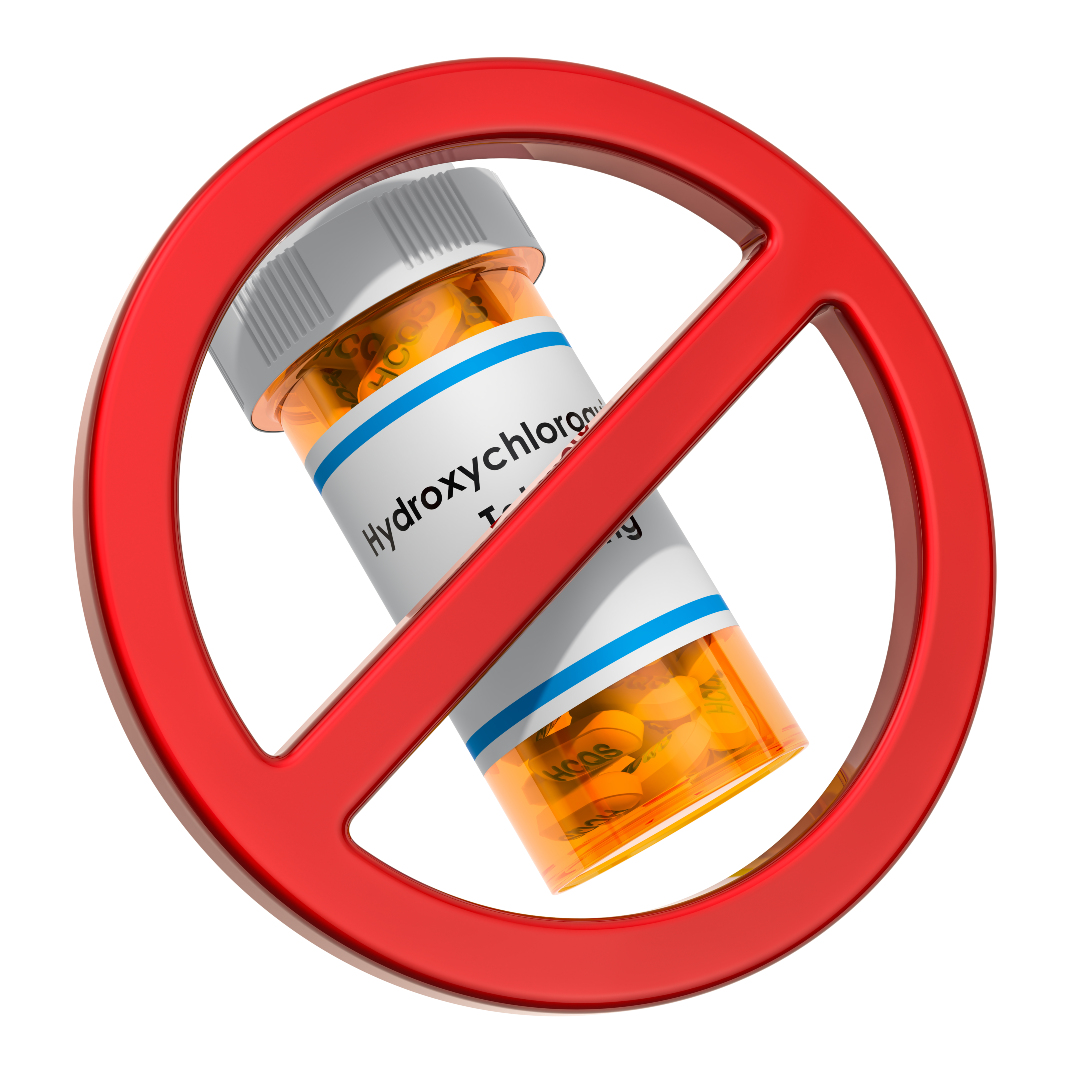
Controversial COVID study that promoted unproven hydroxychloroquine treatment retracted after four-year saga
On Dec. 18, 2024, a study that stoked enthusiasm for the now-disproven idea that the cheap malaria drug – hydroxychloroquine – can treat COVID-19 has been retracted more than four-and-a-half years after it was published. The paper, which has received almost 3,400 citations according to the Web of Science database, is the highest-cited paper on COVID-19 to be retracted, and the second-most-cited retracted paper of any kind.
Researchers had critiqued the controversial paper many times, raising concerns about its data quality and an unclear ethics-approval process. Its eventual withdrawal, on the grounds of concerns over ethical approval and doubts about the conduct of the research, marked the 28th retraction for co-author Didier Raoult, a French microbiologist, formerly at Marseille’s Hospital-University Institute Mediterranean Infection (IHU), who shot to global prominence in the pandemic.
In a lengthy retraction notice published at the International Journal of Antimicrobial Agents on December 17, publisher Elsevier, together with the International Society of Antimicrobial Chemotherapy (ISAC), which co-owns the journal, said it had investigated the study and — among other concerns — wasn’t able to confirm whether ethical approval was obtained before participants joined the study, nor whether they could all have entered it in time for data to be analysed and included in the submitted manuscript.
Tags:
Source: Nature
Credit:
